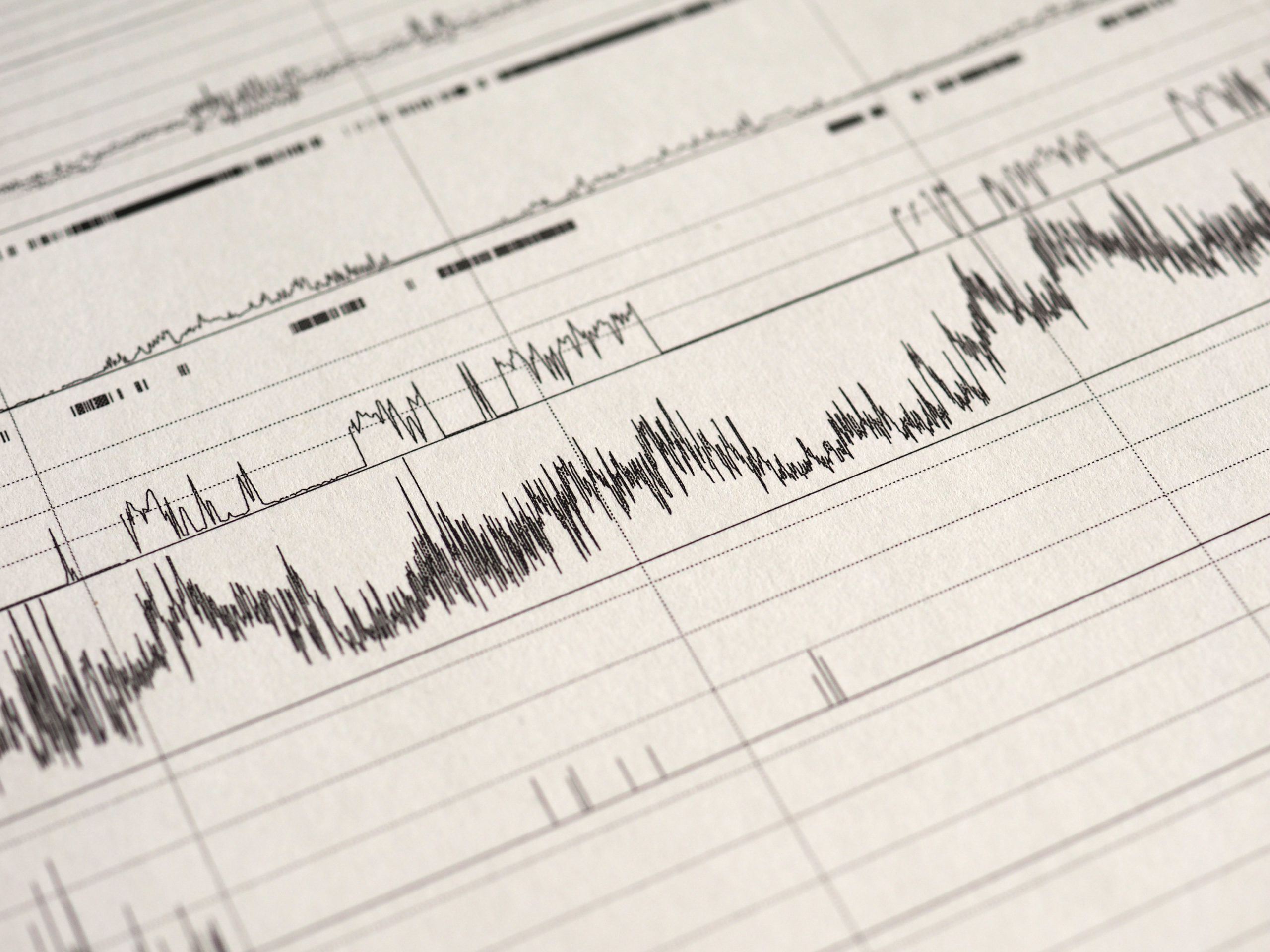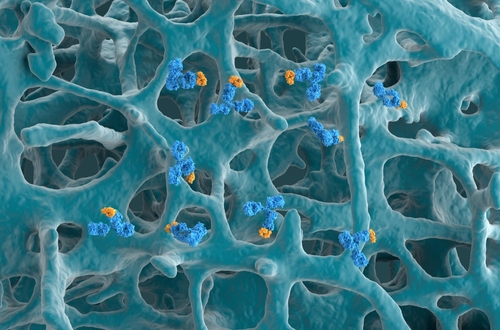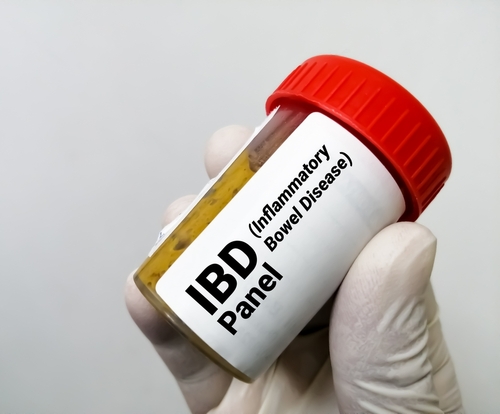
In a study, published in Sleep Medicine, researchers examined the impact of severe obstructive sleep apnea (OSA) on prognoses and quantitative electroencephalography (EEG) markers during sleep in patients with mild-to-moderate acute phase ischemic stroke.
According to the study’s lead author, Juan Xu, severe OSA was an independent predictive factor for a poor functional prognosis. The authors also observed a significant slow wave enhancement on EEG, suggesting more severe brain dysfunction.
Severe OSA Associated With Poor Ischemic Stroke Prognosis
This study enrolled 125 patients with mild-to-moderate acute ischemic stroke patients with OSA who were assessed with polysomnography (PSG) within 1 week of stroke onset between January 2015 and June 2020. Participants were stratified based on their apnea-hypopnea index.
Researchers defined poor functional status as a modified Rankin Scale score of ≥3. EEG variables were obtained during different sleep stages for analyses, including the delta/alpha power ratio (DAR), slowing ratio (TSR), and relative power (RP) of each frequency band. The study’s authors examined differences between the sleep apnea severity groups as well as predictors for poor functional prognosis.
Notably, the authors reported that patients with severe OSA had a greater frequency of hypertension, lower RP of high-frequency bands, and higher delta RP, TSR, and DAR (P<.05). Moreover, patients with severe OSA showed a 3.6-fold increased risk for poor prognosis (P<.05). Researchers stated increased delta RP and TSR and decreased alpha, beta, and sigma RP, were potential predictive factors for a poor prognosis.
Ultimately, Xu and colleagues concluded that severe OSA is a risk factor for a poor prognosis in patients with ischemic stroke, and suggested “the treatment of severe OSA may improve functional prognosis.”
Read More Recent Research in Pulmonology







 © 2025 Mashup Media, LLC, a Formedics Property. All Rights Reserved.
© 2025 Mashup Media, LLC, a Formedics Property. All Rights Reserved.